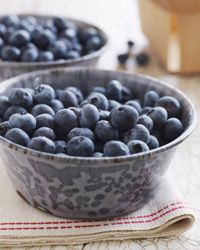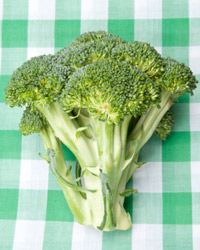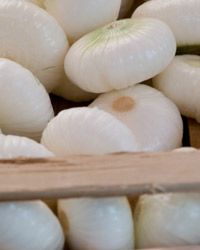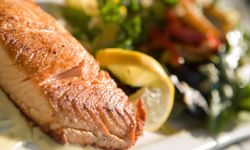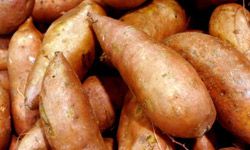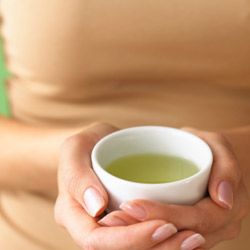Industrialization brings countless benefits to everyday life, but there's a drawback. The more we rely on human manufacturing and technology, the farther we seem to move away from the natural world. Our overscheduled, stressful lifestyles and pre-packaged diets expose us to numerous health risks: cardiovascular disease, high cholesterol,diabetes, infections andcancer, to name just a few.
Medical researchers and pharmaceutical companies have developed various synthetic drugs to combat these illnesses. For some of these therapies, the potential side-effects seem to outnumber the disease risks.
Advertisement
But natural disease preventatives and remedies abound. Hundreds of tasty "superfoods" contain nutrients, antioxidants and other elements that may fend off infections, suppress cancer cells, regulate blood glucose levels, strengthen bones and help you lose weight while you enjoy eating them.
Since early human history, foods and herbs have been used to combat and cure ailments. Modern research upholds the value of some folk remedies and has unveiled other benefits of certain foods. See what health benefits you might enjoy from the 10 superfoods explored in this article.
